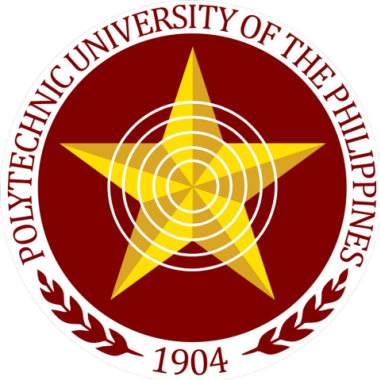|
This course introduces students to the fundamental principles of computer programming using the C++ language. It covers problem analysis, algorithm development, and structured programming concepts such as variables, data types, control structures, functions, arrays, pointers, and file handling. The course also introduces modern programming topics including concurrency and semaphores to build awareness of parallel processing and synchronization. Through hands-on coding exercises and performance-based assessments, students develop logical thinking, debugging skills, and the ability to design efficient, maintainable programs aligned with real-world applications. |
This course deals with the study in the basic structure of power systems, recent trends and innovations in power systems such as transmission line parameters, network modeling and calculations, network calculations and use of computer software for simulation.
The course deals with the fundamentals of DC machinery; DC motors and generators.
This course provides characteristics, principles of operation and application of single-phase and three-phase transformers, and protective devices such as fuses, and circuit breakers. It includes various types of transformers based on different criteria, types of fuses and circuit breakers, parallel operation of transformers, and standard ratings.
This course covers the study of the methodologies used in conducting an engineering research. I includes the types and application of research, characteristics of a good research, research design, research instrument and data gathering procedure. It also deals with the study of writing a research proposal and various formats. It also includes project planning, quality function deployment, design specification, concept generation and selection, system and subsystem design. Engineering economics, the profession’s codes and standards, and project management plays a great important role in this course. The students are expected to provide and defend their research title, and chapters 1, 2 and 3 to the panel of examiners.
Principles, basic laws and theorems used in analyzing electrical circuits in both direct current and alternating current conditions.
The course covers nodal and mesh analysis; application of network theorem in circuits analysis; analysis of circuits with controlled sources and ideal op-amps; fundamentals of capacitors and inductors; analysis of DC-driven RL. RC, and RLC circuits; sinusoidal steady-state analysis of general RLC circuits.
This course deals with the study in the basic structure of power systems, recent trends and innovations in power systems such as transmission line parameters, network modeling and calculations, network calculations and use of computer software for simulation.
Focus: This course introduces students to the knowledge and skills required by a legal professional working in a legal office that relate to office management, practices, and procedures.
Output: A shorthand notebook/ portfolio that shows all of the activities, quizzes, examinations and other accomplishments in the subject and their critical application is expected toward the end of the semester.
Modality: The course is delivered through a combination of strategically designed face to face and online (synchronous and asynchronous) sessions.
ECE 4-1GEED 003 The Contemporary World/Ang Kasalukuyang Daigdig
M 9:00AM-12:00PM TBA
|
This course develops students’ communicative competence and enhances their cultural and intercultural awareness through multimodal communication across academic and professional purposes. It equips learners with skills in writing, speaking, and presenting information clearly and effectively, using varied platforms and technologies. A final paper that shows the culmination of the concepts learned and their critical application is expected toward the end of the semester. The course is delivered through a combination of strategically designed face-to-face and online (synchronous and asynchronous) sessions. |
